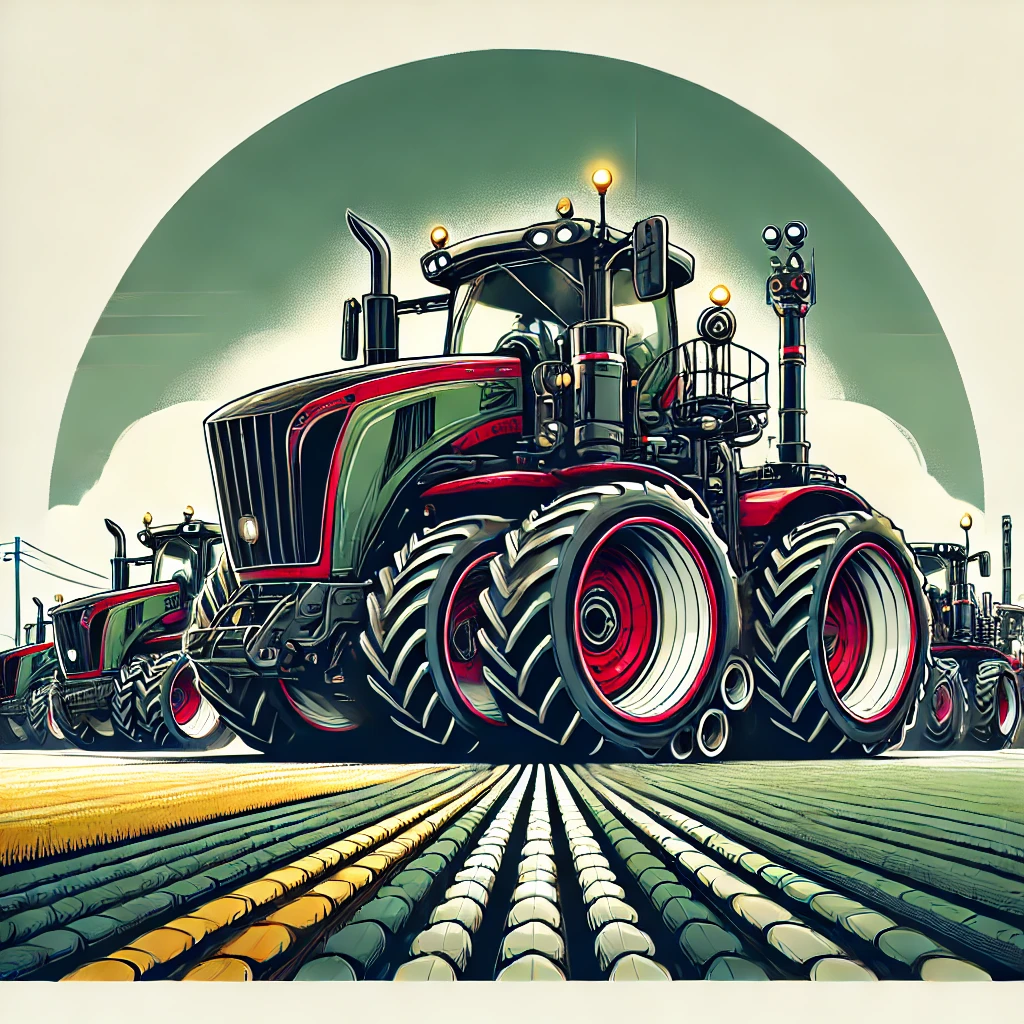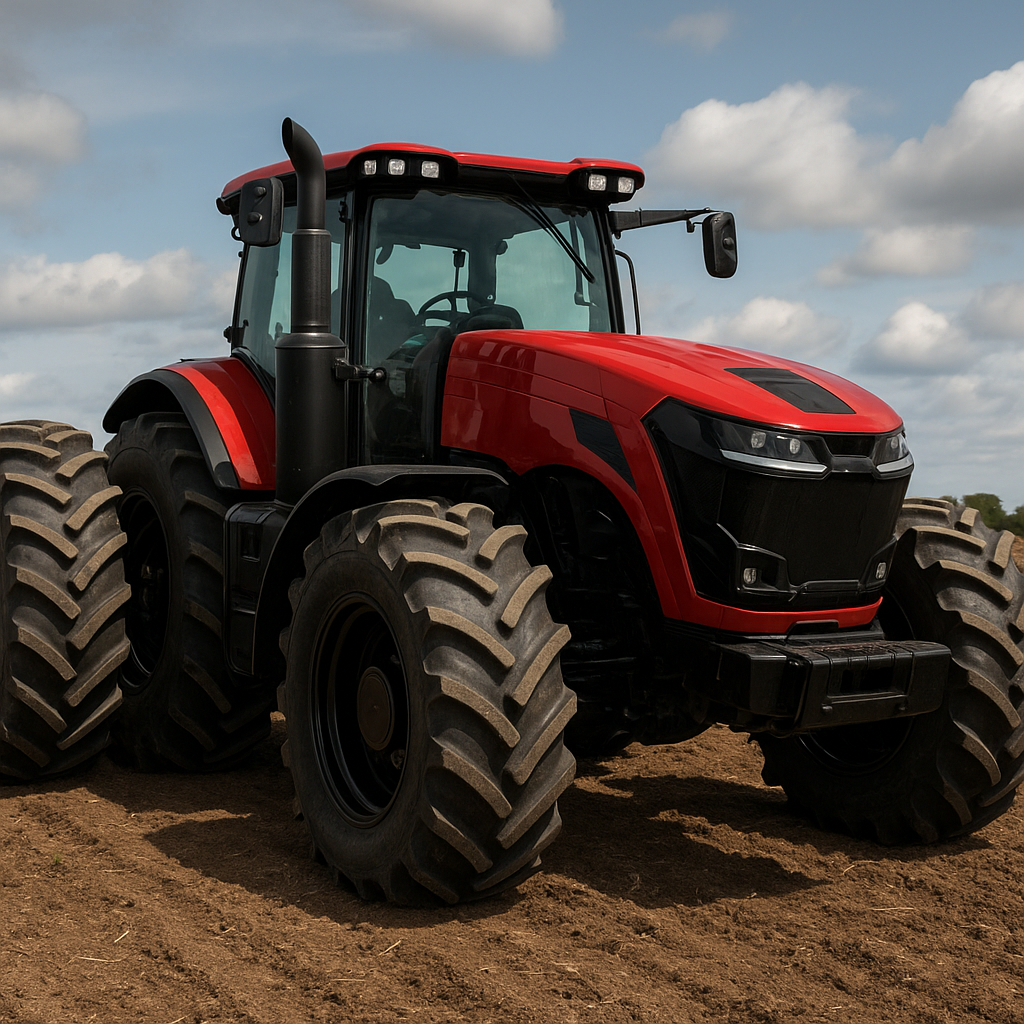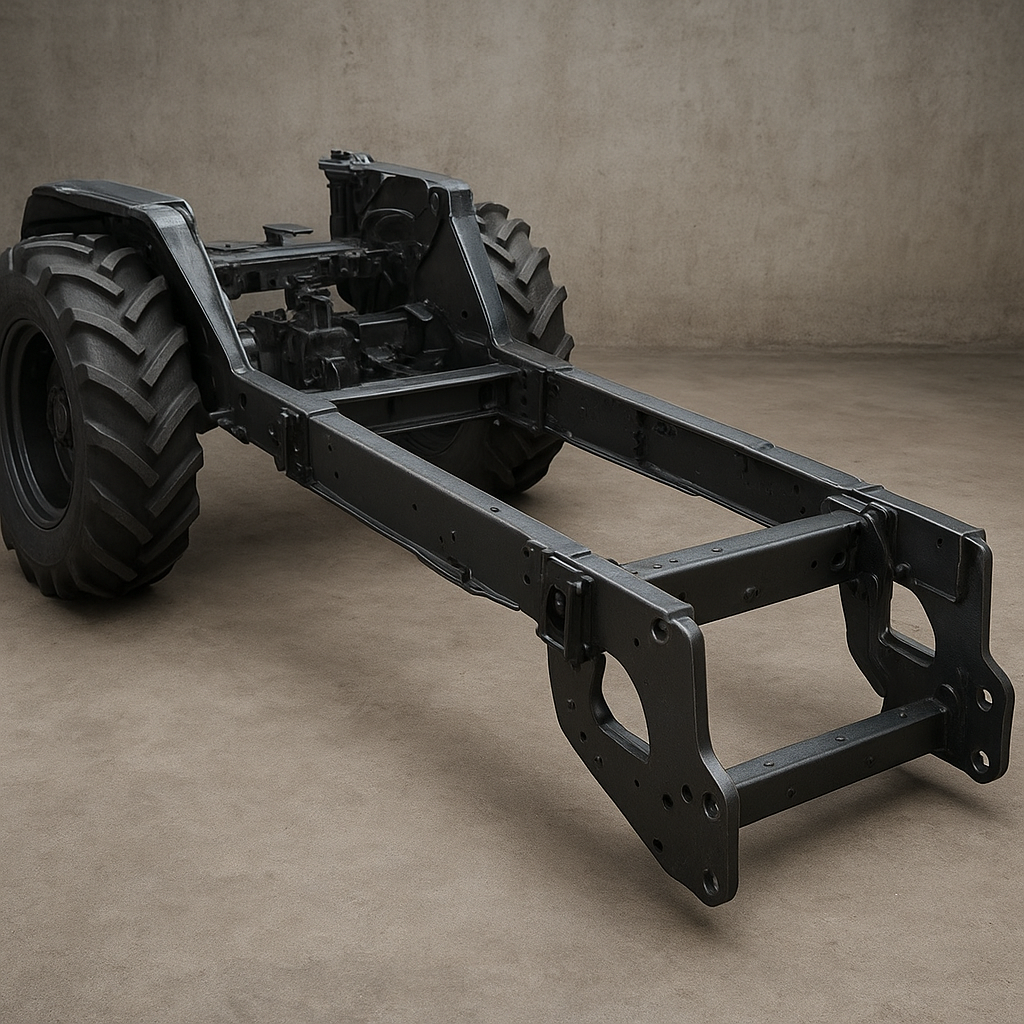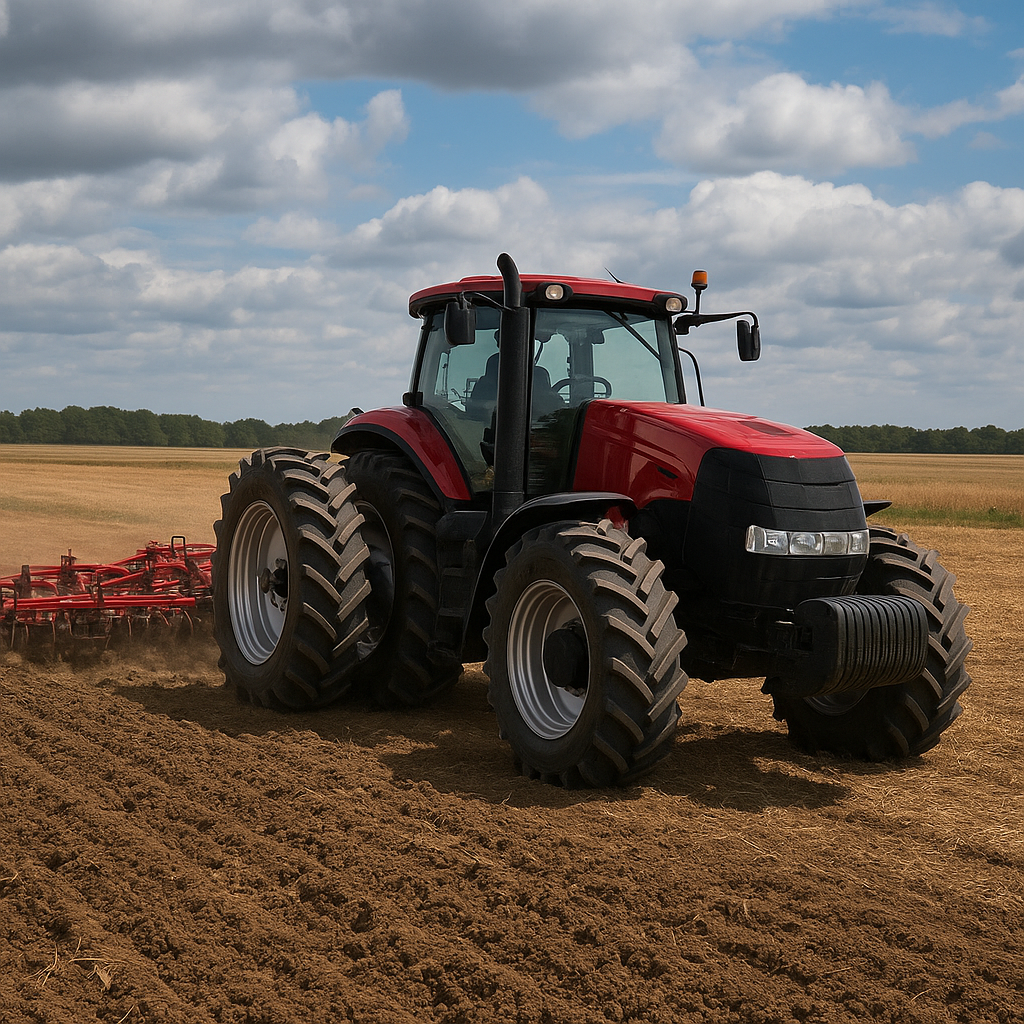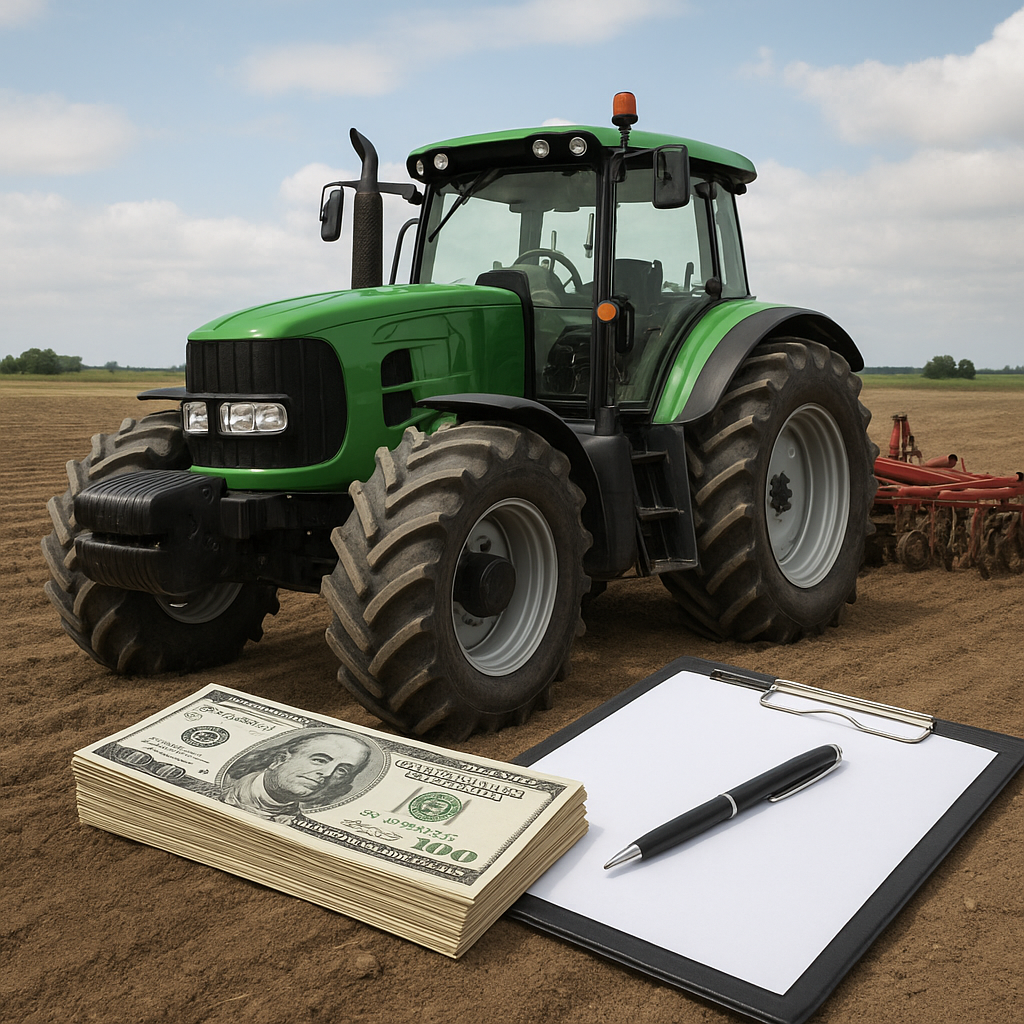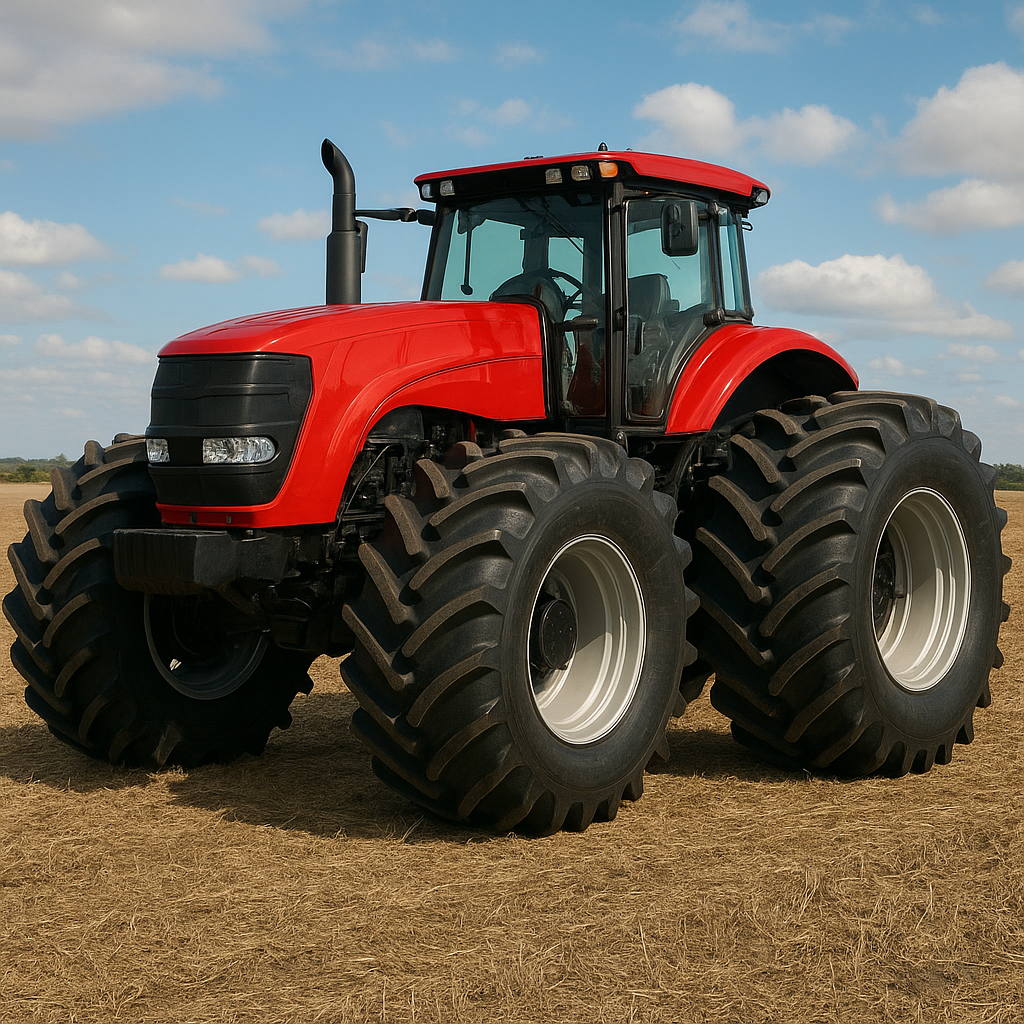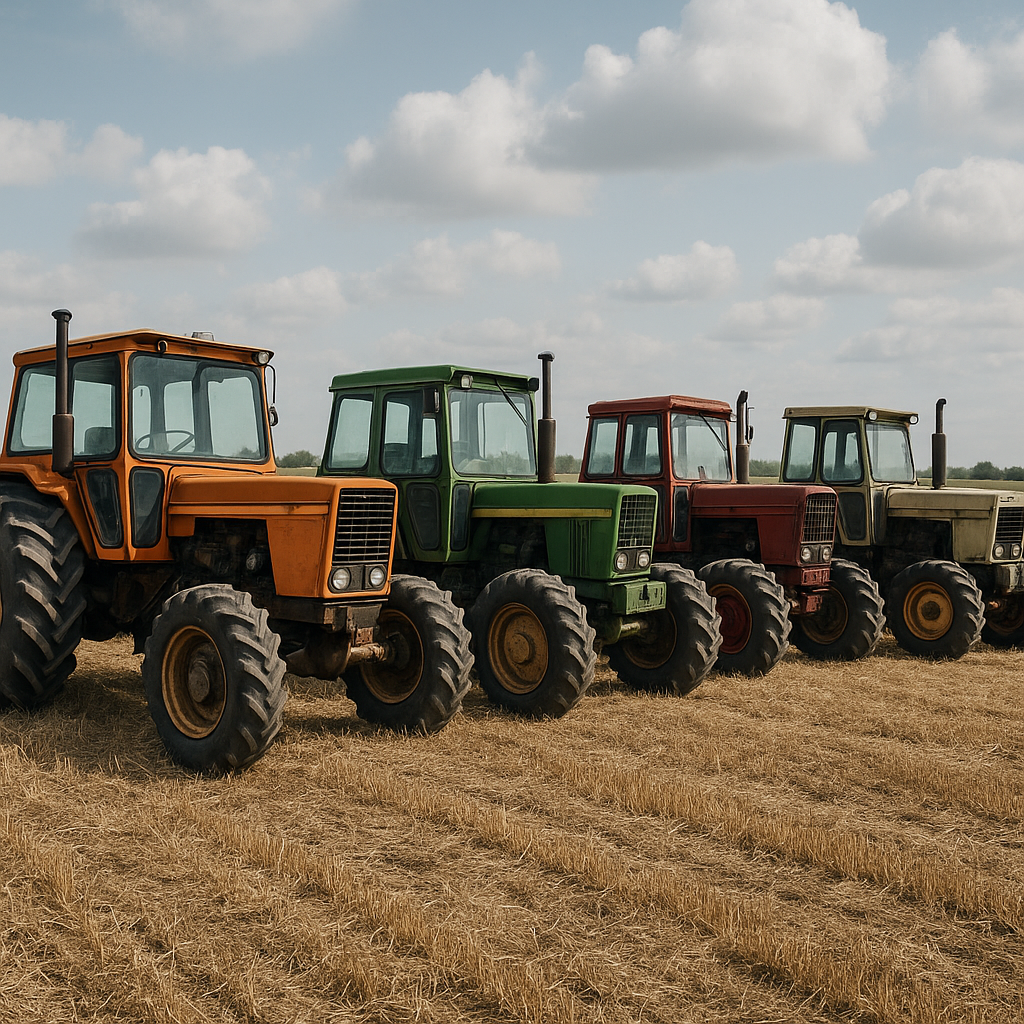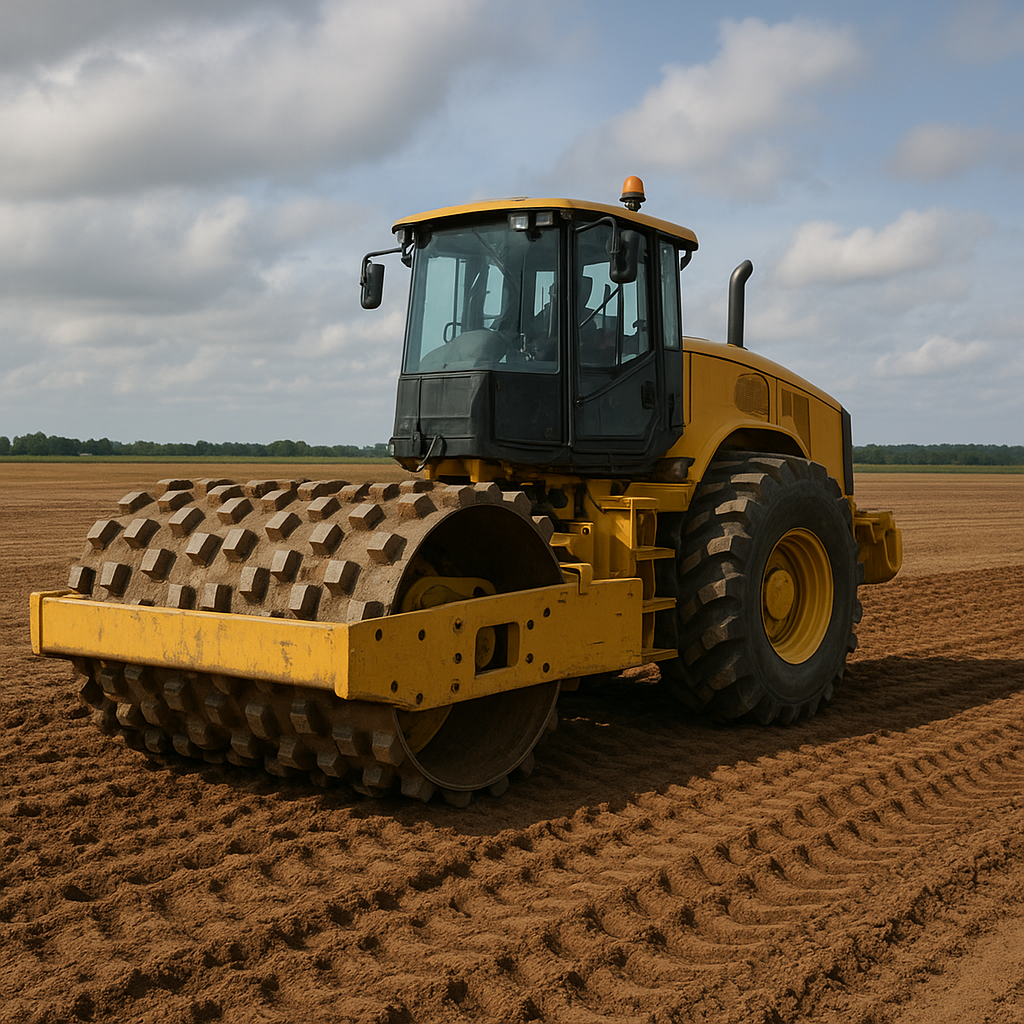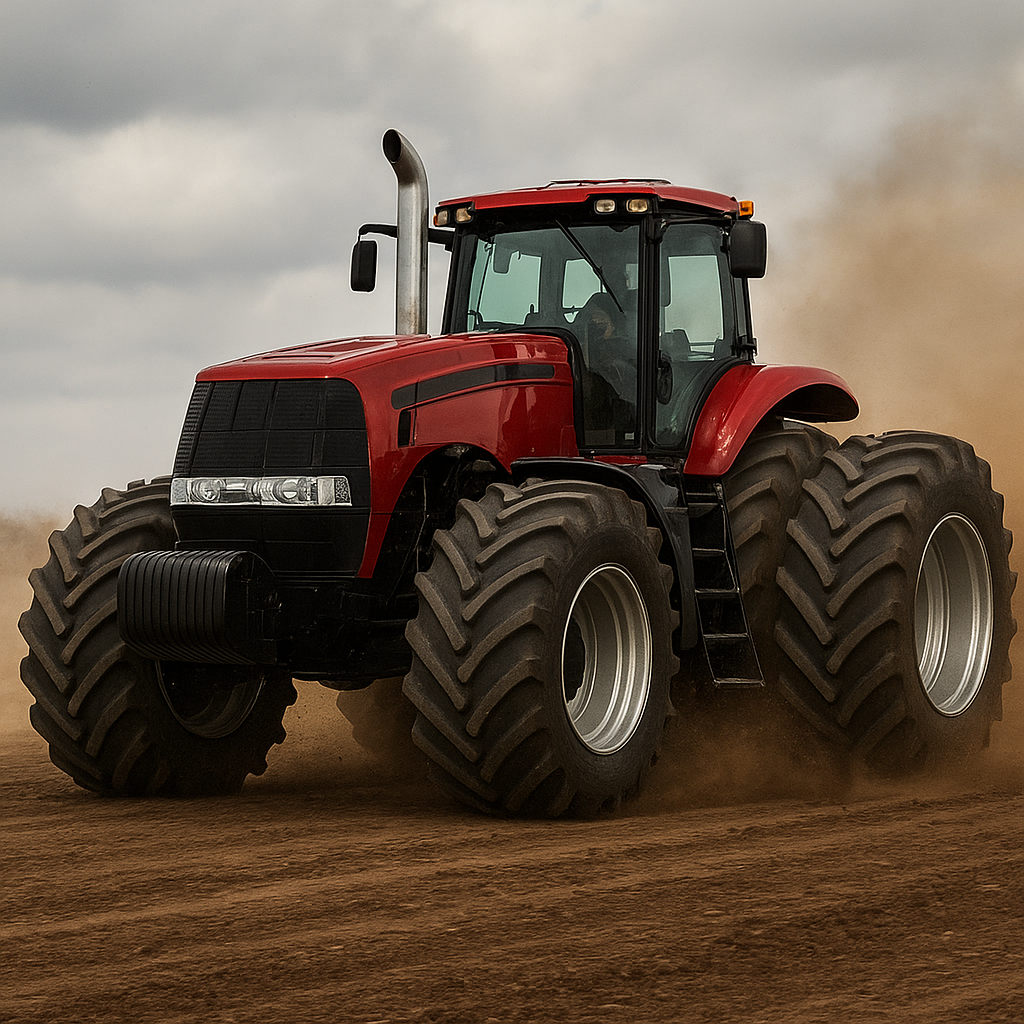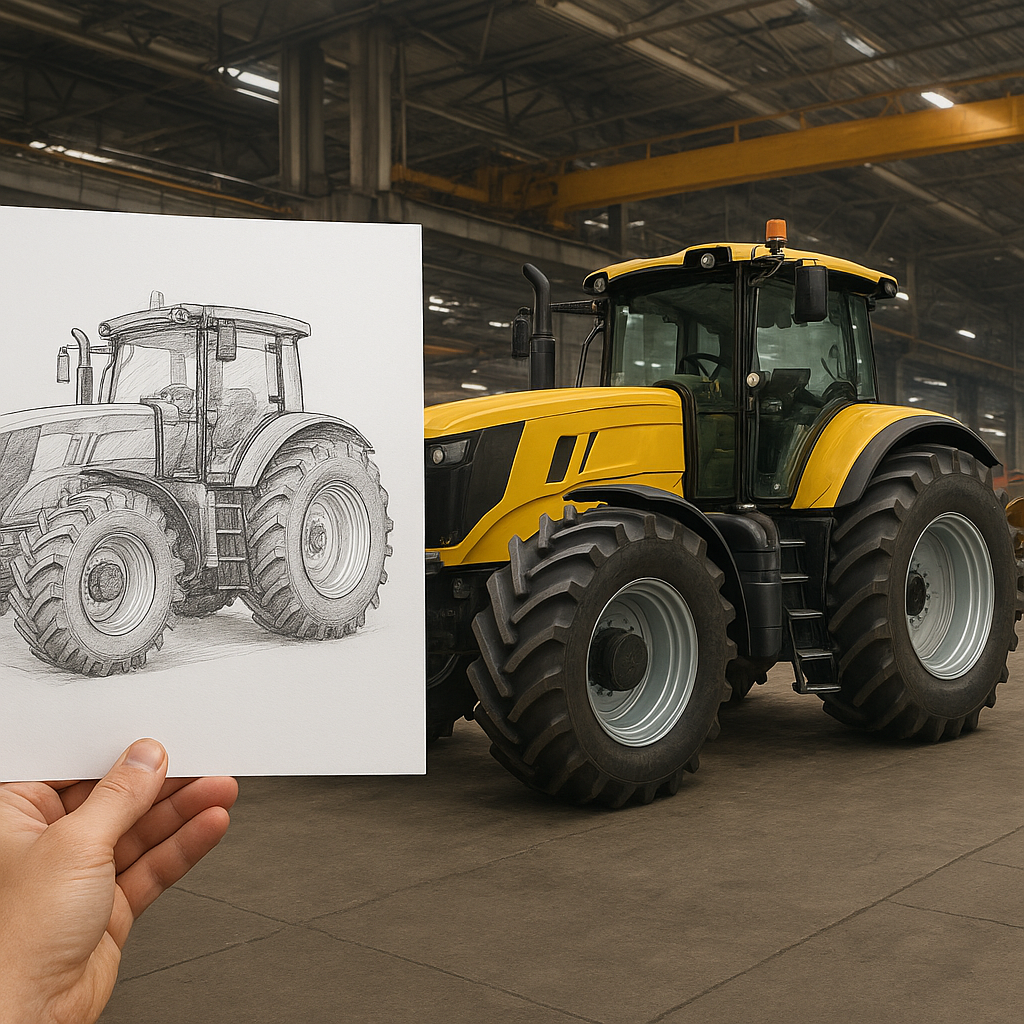Articulated tractors are a cornerstone of modern agriculture, providing the power and maneuverability necessary for large-scale farming operations. These machines are designed to handle the most demanding tasks, from plowing vast fields to hauling heavy loads, making them indispensable for farmers who need to maximize efficiency and productivity.
The Evolution of Articulated Tractors
The history of articulated tractors dates back to the mid-20th century when the need for more powerful and versatile farming equipment became apparent. Traditional tractors, while effective for smaller farms, struggled to meet the demands of larger agricultural operations. This led to the development of articulated tractors, which feature a pivot joint that allows the front and rear sections to move independently. This design provides several advantages, including improved traction, better weight distribution, and enhanced maneuverability.
Early articulated tractors were relatively simple machines, but technological advancements have transformed them into sophisticated pieces of equipment. Modern articulated tractors are equipped with advanced GPS systems, automated steering, and real-time data monitoring, allowing farmers to optimize their operations with unprecedented precision. These innovations have not only increased the efficiency of farming practices but have also contributed to the sustainability of agriculture by reducing fuel consumption and minimizing soil compaction.
Key Features and Benefits
Articulated tractors are renowned for their unique design and powerful performance. Here are some of the key features and benefits that make them essential for large farms:
Power and Performance
One of the most significant advantages of articulated tractors is their immense power. These machines are equipped with high-horsepower engines that can handle the toughest agricultural tasks. Whether it’s pulling heavy plows, operating large seeders, or transporting massive loads, articulated tractors deliver the performance needed to get the job done efficiently.
Maneuverability
The articulated design of these tractors provides exceptional maneuverability, which is crucial for navigating large fields and tight spaces. The pivot joint allows the tractor to make sharp turns and adjust its position with ease, reducing the time and effort required to complete tasks. This feature is particularly beneficial for precision farming, where accurate positioning is essential for maximizing crop yields.
Traction and Stability
Articulated tractors are designed to distribute their weight evenly across all wheels, enhancing traction and stability. This is especially important when working on uneven or challenging terrain, as it helps prevent slippage and ensures consistent performance. The improved traction also reduces soil compaction, which can negatively impact crop growth and soil health.
Advanced Technology
Modern articulated tractors are equipped with cutting-edge technology that enhances their functionality and efficiency. GPS systems enable precise navigation and automated steering, allowing farmers to cover large areas with minimal overlap and waste. Real-time data monitoring provides valuable insights into machine performance, fuel consumption, and field conditions, helping farmers make informed decisions and optimize their operations.
Leading Manufacturers and Models
Several manufacturers are at the forefront of articulated tractor production, offering a range of models to suit different farming needs. Some of the most notable brands and their flagship models include:
- John Deere: Known for its innovative designs and reliable performance, John Deere offers a range of articulated tractors, including the 9RX series. These tractors are equipped with powerful engines, advanced technology, and robust construction, making them ideal for large-scale farming operations.
- Case IH: Case IH’s Steiger series is renowned for its durability and versatility. These tractors feature high-horsepower engines, advanced hydraulics, and comfortable cabins, providing farmers with the power and comfort needed for long hours in the field.
- New Holland: The T9 series from New Holland combines power, efficiency, and advanced technology. These tractors are designed to handle the most demanding tasks while minimizing fuel consumption and environmental impact.
- Versatile: Versatile’s DeltaTrack series is known for its exceptional traction and stability, thanks to its innovative track design. These tractors are ideal for working on challenging terrain and provide the power needed for heavy-duty applications.
Applications in Modern Agriculture
Articulated tractors play a crucial role in various agricultural applications, helping farmers achieve higher productivity and efficiency. Some of the key applications include:
Plowing and Tilling
One of the primary uses of articulated tractors is plowing and tilling large fields. The powerful engines and robust construction of these machines allow them to handle heavy plows and tillers, breaking up soil and preparing it for planting. The improved traction and stability ensure consistent performance, even in challenging conditions.
Seeding and Planting
Articulated tractors are also essential for seeding and planting operations. The advanced technology and precise navigation systems enable farmers to plant seeds with accuracy, ensuring optimal spacing and depth. This precision helps maximize crop yields and reduces the need for replanting.
Harvesting
During the harvest season, articulated tractors are used to transport large quantities of crops from the field to storage facilities. Their powerful engines and high load capacity make them ideal for hauling heavy loads, while their maneuverability allows them to navigate tight spaces and uneven terrain with ease.
Hauling and Transport
In addition to their agricultural applications, articulated tractors are often used for hauling and transport tasks. Whether it’s moving equipment, transporting materials, or hauling harvested crops, these machines provide the power and versatility needed to handle a wide range of tasks efficiently.
Future Trends and Innovations
The future of articulated tractors looks promising, with ongoing advancements in technology and design set to further enhance their performance and efficiency. Some of the key trends and innovations to watch for include:
Autonomous Operation
One of the most exciting developments in the field of articulated tractors is the move towards autonomous operation. Manufacturers are investing in advanced robotics and artificial intelligence to create self-driving tractors that can perform tasks with minimal human intervention. This technology has the potential to revolutionize farming by reducing labor costs and increasing productivity.
Electric and Hybrid Models
As the agricultural industry seeks to reduce its environmental impact, there is a growing interest in electric and hybrid articulated tractors. These models offer the same power and performance as traditional diesel-powered tractors but with lower emissions and reduced fuel consumption. The development of efficient battery technology and charging infrastructure will be crucial for the widespread adoption of these eco-friendly machines.
Enhanced Connectivity
Connectivity is becoming increasingly important in modern agriculture, and articulated tractors are no exception. Future models are expected to feature enhanced connectivity options, allowing them to communicate with other farm equipment, management systems, and even drones. This interconnected approach will enable farmers to monitor and control their operations more effectively, leading to improved efficiency and productivity.
Advanced Data Analytics
The integration of advanced data analytics into articulated tractors will provide farmers with valuable insights into their operations. By analyzing data on machine performance, field conditions, and crop health, farmers can make informed decisions and optimize their practices. This data-driven approach will help increase yields, reduce costs, and promote sustainable farming practices.
Conclusion
Articulated tractors have become an essential tool for modern agriculture, offering the power, maneuverability, and advanced technology needed to meet the demands of large-scale farming. As the industry continues to evolve, these machines will play a crucial role in driving efficiency, productivity, and sustainability. With ongoing advancements in technology and design, the future of articulated tractors looks bright, promising even greater benefits for farmers and the agricultural industry as a whole.
